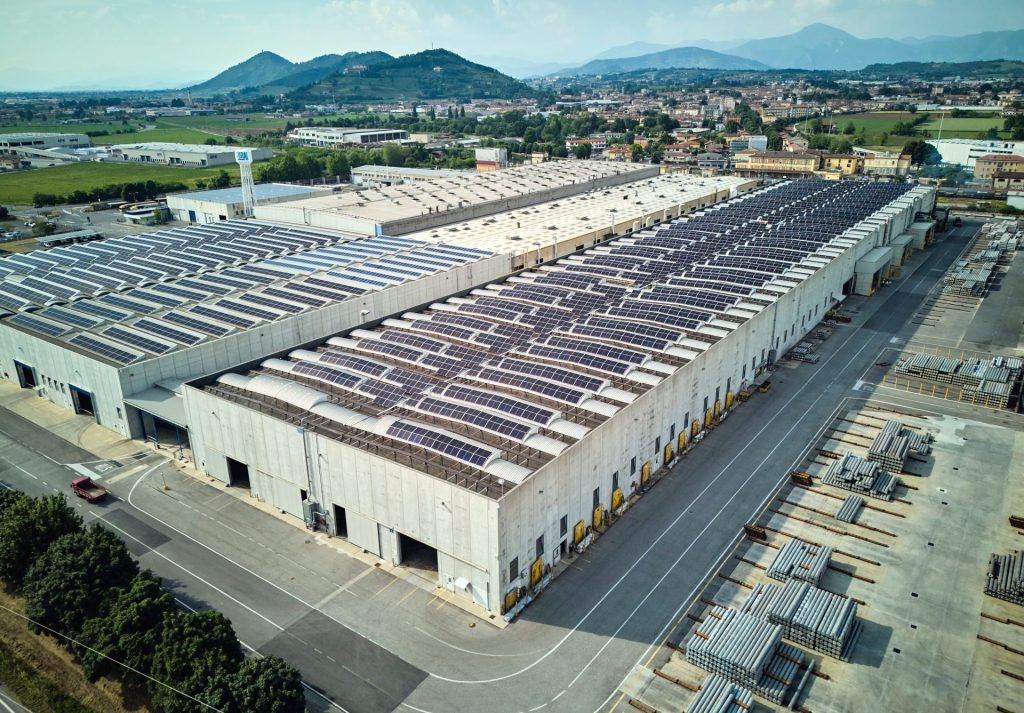Sustainability is in the DNA of Eural Gnutti. Since the 1990s, the company has been developing alloys made from the highest possible percentage of post-consumer materials, in an age when the industry still favoured the use of primary materials. Today, the amount of recycled material has reached 74%, with some alloys reaching up to 95%…
This content is for subscribers only. Subscribe now for free to read the full article.
Already a subscriber? Login

